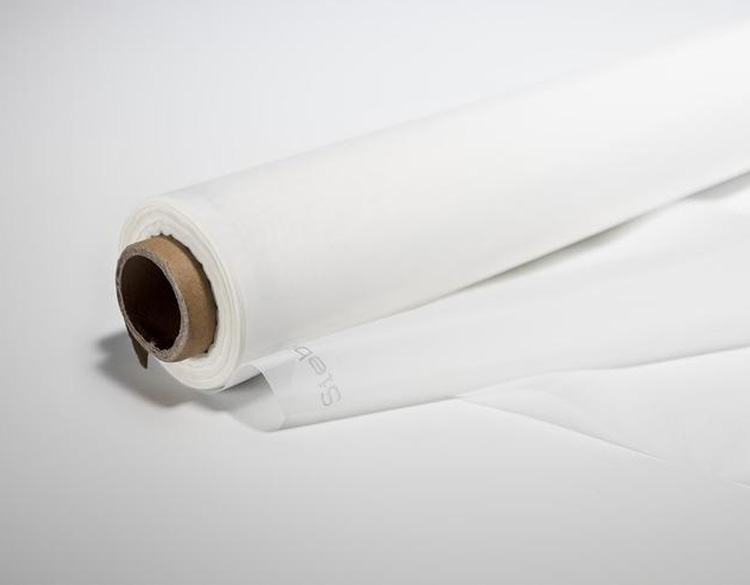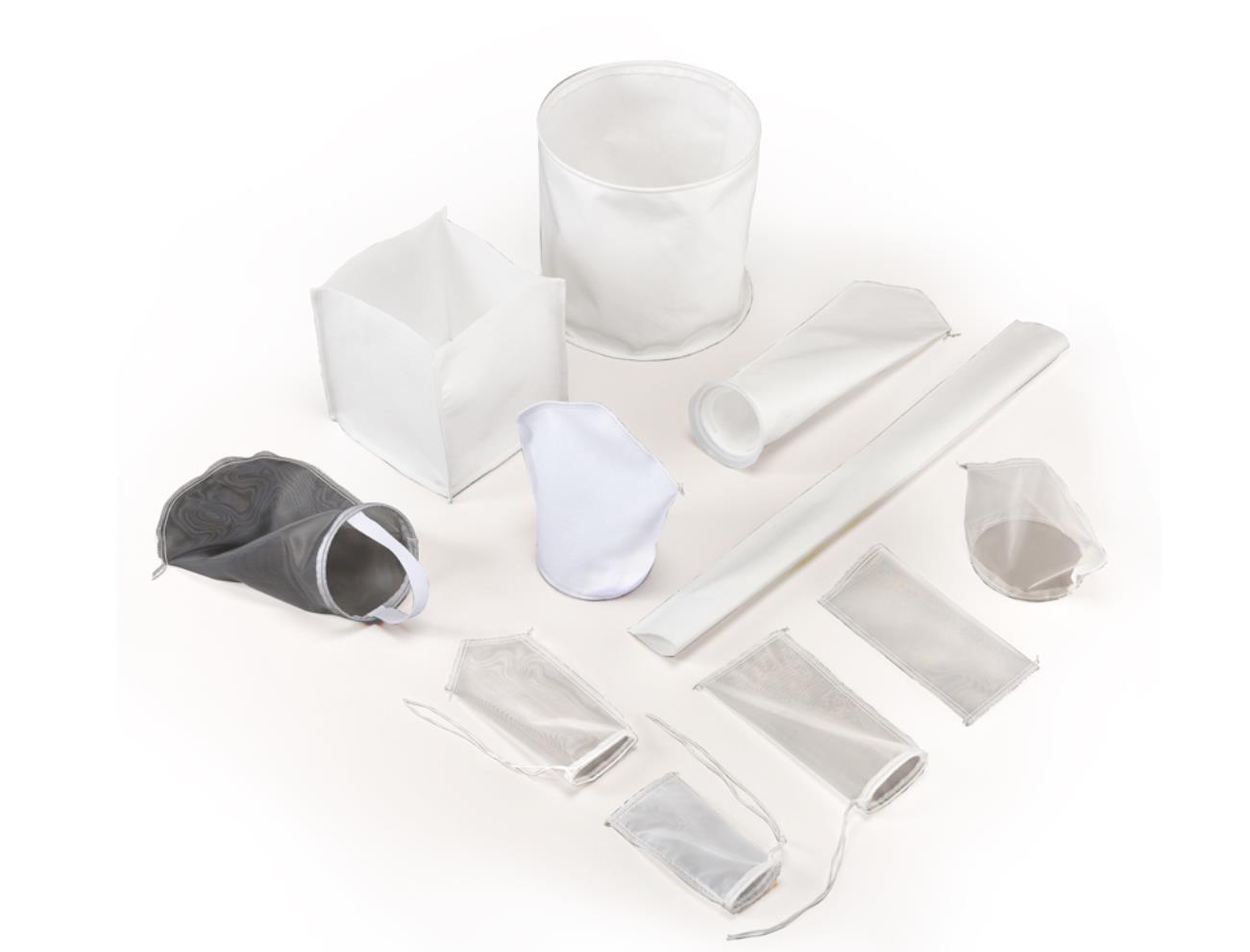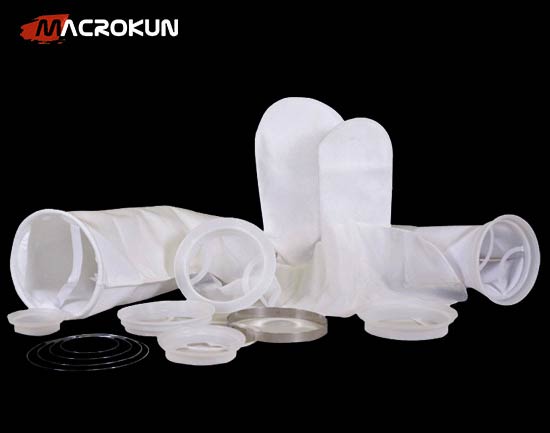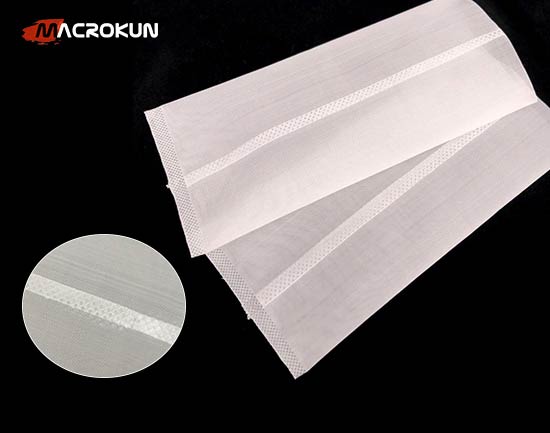190 Micron Mesh: The Ultimate Filtration Solution for Precision and Durability
The 190 micron mesh offers a reliable, durable, and precise filtration solution that meets the demands of various industries. Its ability to provide high-quality filtration while maintaining efficient flow rates makes it an essential component in industri
In industries where precision and efficiency are essential, finding the right filtration solution can make a significant difference in product quality and operational costs. 190 micron mesh is one such versatile and reliable filtration tool that offers high performance across a variety of applications. Whether you're in the water treatment industry, food processing, chemical manufacturing, or agriculture, a 190 micron mesh can be the key to optimizing your filtration process.
This article provides a comprehensive overview of the 190 micron mesh, its features, benefits, and applications, helping you understand why it’s a valuable solution for your industrial filtration needs.

What is 190 Micron Mesh?
A 190 micron mesh is a screen or filter made from a variety of materials, typically stainless steel or nylon, with apertures that allow particles 190 microns (0.19 mm) or smaller to pass through. To give some perspective, a human hair is about 70 microns in diameter, so this filtration tool is designed to catch particles much smaller than what the naked eye can see.
The mesh size, which is the number of openings per inch of the screen, defines the filtration capacity. For example, a 190 micron mesh is excellent for medium-precision filtration, making it ideal for applications where finer contaminants need to be filtered out without sacrificing flow efficiency.
Key Benefits of 190 Micron Mesh
1. Precision Filtration
The primary advantage of a 190 micron mesh is its ability to provide precise filtration. This level of filtration is crucial in industries that need to ensure product purity by filtering out medium-sized particles, dirt, and contaminants. Whether it’s for separating fine particles from liquids or ensuring clean air in gas filtration, the 190 micron mesh is perfect for maintaining the quality of your end products.
2. High Flow Rate Efficiency
Despite its ability to capture smaller particles, the 190 micron mesh still allows for high flow rates. This means that fluids or air can pass through the mesh efficiently without causing pressure drops or bottlenecks in the filtration process. High flow efficiency is particularly important for applications that require continuous filtration without interruption, such as water filtration systems or industrial cooling processes.
3. Durability and Reusability
When it comes to industrial use, durability is non-negotiable. The 190 micron mesh, particularly when made from materials like stainless steel, is designed to withstand high pressure, temperature extremes, and corrosive environments. It offers long-lasting performance and can be reused after proper cleaning, making it a cost-effective solution for businesses. Nylon meshes, on the other hand, provide excellent flexibility and are highly resistant to wear, making them suitable for less extreme conditions.
4. Easy to Clean and Maintain
Many 190 micron mesh filters are designed for easy cleaning, which enhances their reusability. Depending on the material, they can be cleaned by backwashing, air cleaning, or chemical methods. This makes them an environmentally friendly choice as they reduce waste and the need for frequent replacements.
5. Versatile Applications
The 190 micron mesh is versatile and can be used across a wide range of industries. From agriculture to food processing and even mining, it serves multiple purposes, including separating solid particles from liquids, ensuring product purity, and protecting downstream equipment from clogging.
Applications of 190 Micron Mesh
1. Water Filtration Systems
In water treatment plants, a 190 micron mesh is often used as part of the pre-filtration system to remove sediments, debris, and other particulates from the water supply. Its precision allows for the filtration of impurities that could otherwise clog smaller filters downstream. It is also used in industrial cooling systems to ensure the water remains free of particles that could damage machinery or reduce efficiency.
2. Food and Beverage Industry
In the food processing industry, filtration is critical for maintaining hygiene and product quality. The 190 micron mesh is commonly used to filter liquids such as juices, oils, and syrups, ensuring they are free of seeds, pulp, and other particles that could affect texture or taste. This filtration level is especially important in ensuring products meet stringent health and safety standards.
3. Chemical Processing
Chemical manufacturers often use 190 micron mesh filters to separate solid particles from liquid chemicals. By ensuring that only the desired chemical passes through while impurities are filtered out, the mesh helps maintain the purity and quality of the final product. This is particularly important in industries where contamination can lead to product recalls or damage to sensitive equipment.
4. Agriculture
In agricultural irrigation systems, clean water is crucial for maintaining healthy crops. The 190 micron mesh helps filter out sediment, debris, and small particles from water, preventing clogging in sprinkler systems and drip irrigation lines. This ensures efficient water distribution and reduces maintenance costs for farmers.
5. Mining and Minerals
In the mining industry, 190 micron mesh filters are used to separate valuable minerals from unwanted materials during the processing of ores. This fine level of filtration helps in increasing the yield of mining operations and ensures that equipment remains free from harmful particles that can cause wear and tear.
Choosing the Right 190 Micron Mesh for Your Needs
Selecting the right 190 micron mesh depends on several factors, including the material, environmental conditions, and specific filtration requirements. For example:
-
Stainless Steel 190 Micron Mesh: Ideal for high-temperature, corrosive environments, or heavy-duty applications. Stainless steel offers excellent strength and durability, making it the best choice for industries like chemical processing and mining.
-
Nylon 190 Micron Mesh: Lightweight and flexible, nylon meshes are more suited for general-purpose applications such as food processing or light industrial filtration. They are also cost-effective and easier to handle in applications where heavy-duty filters are not required.
Customization options are also available depending on the manufacturer, allowing businesses to tailor the mesh size, material, and filter dimensions to meet their unique filtration needs.
Conclusion
The 190 micron mesh offers a reliable, durable, and precise filtration solution that meets the demands of various industries. Its ability to provide high-quality filtration while maintaining efficient flow rates makes it an essential component in industries such as water treatment, food and beverage processing, chemical manufacturing, and agriculture.
Whether you’re looking to improve product quality, extend the life of your equipment, or reduce maintenance costs, investing in a 190 micron mesh filter can help you achieve your operational goals. Contact us today to learn more about how our 190 micron mesh solutions can enhance your industrial processes!
RELATED PRODUCTS
RELATED ARTICLES
Tags:






